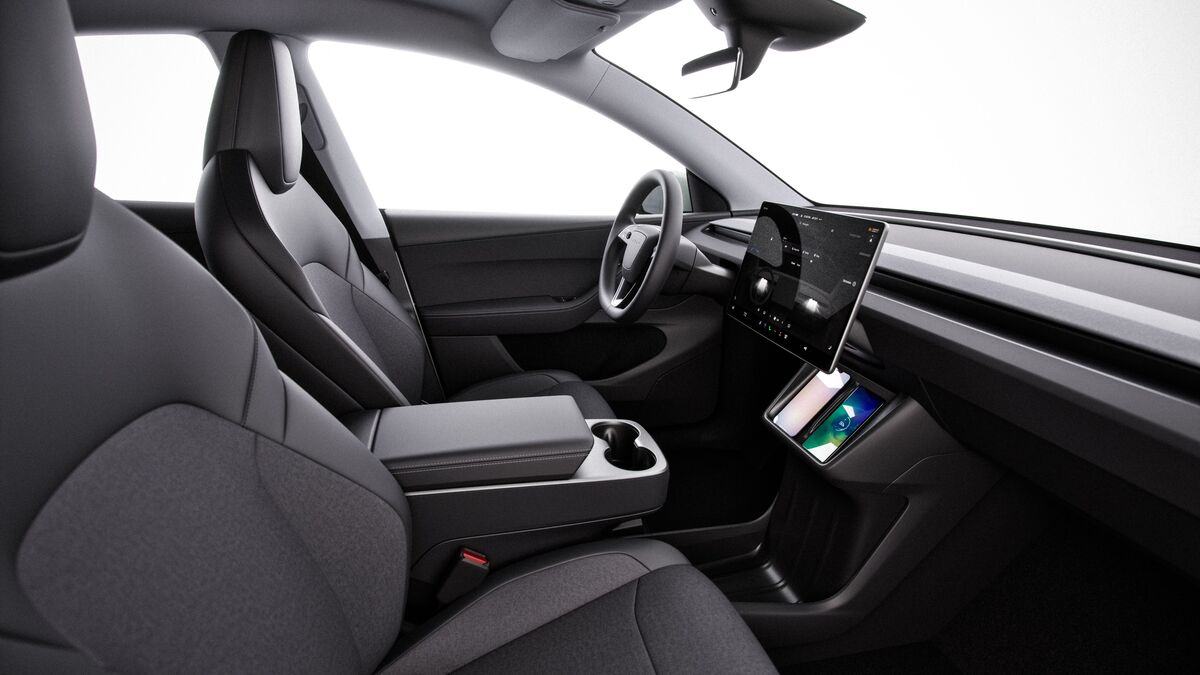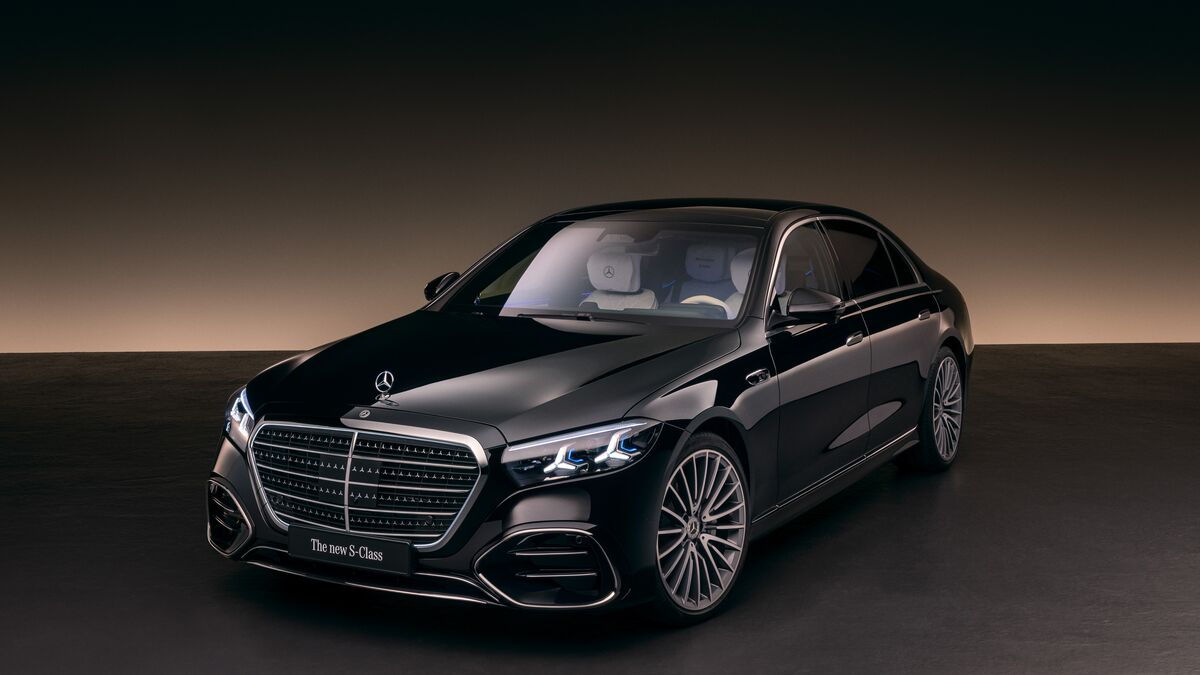While offering no new details about its upcoming two-seat roadster, Jaguar did use the Goodwood Festival of Speed to show off a still-disguised version of the new F-Type in al fresco mode for the first time. Due to hit the market sometime in 2013, the all-aluminum Jaguar F-Type is designed to deliver "a driver focused sports car experience." According to Mike Cross, the automaker’s Head of Vehicle Integrity and designated wheelman for this open-air outing, development on the F-Type is proceeding on schedule and various prototype versions of the car are currently undergoing various evaluation exercises around the world.
Formally announced at the 2012 New York Auto Show, the Jaguar F-Type will be offered with V6 and V8 engine choices. In addition to the supercharged 375-horsepower/3.0-liter V6 version that appeared at this Goodwood reveal, it also will be available with a 335-horse supercharged entry-level motivator as well as a 5.0-liter supercharged V8 that will churn out at least 500 ponies. While the F-Type will be launched in Convertible form, a Coupe version is scheduled to follow 12-18 months thereafter.
Also making its first appearance at Goodwood was the Jaguar XJ e Plug-in Hybrid Concept. Officially a Jaguar Land Rover research vehicle for now, a variation of this super-efficient sedan could one day become part of the XJ production lineup. Motivation comes from a parallel system that teams a 240-horsepower/2.0-liter turbocharged four culled from the Range Rover Evoque with a 93-horse electric motor energized by a 12.8kWh lithium-ion battery pack. Collectively, that duo produces about 330 horsepower which gets sent to the car’s rear wheels via an 8-speed automatic transmission. Jag claims the XJ e Plug-in Hybrid Concept can run 0-62 mph in less than 6.5 seconds, top out at an electronically limited 150 mph and cruise for up to 25 miles on pure EV power. Its other vital stats include being able to travel the equivalent of 73.5 miles on a single gallon of gasoline while emitting a scant 75 g/km of CO2.







